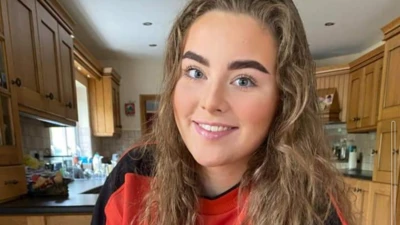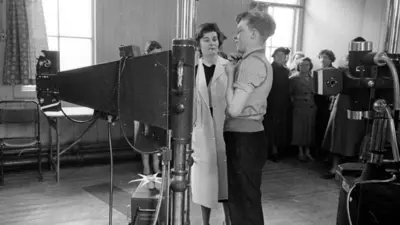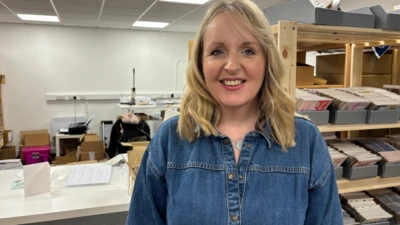We've updated our Privacy and Cookies Policy
We've made some important changes to our Privacy and Cookies Policy and we want you to know what this means for you and your data.
NHS facing 'very, very big challenge'
Image source, SPL
The NHS in England must stop wasting money if it is to meet the "very very big challenge" it faces, the health secretary says.
In a speech to health managers, Jeremy Hunt highlighted poor procurement practices which mean the prices paid for items from syringes to toilet rolls vary greatly.
He also unveiled changes to the way waiting time data is published.
It means there will no longer be weekly A&E data published.
Two of the three waiting time targets for routine hospital operations are also being scrapped, prompting accusations the government is "moving the goalposts" to mask deteriorating performance.
Attention
Mr Hunt told the NHS Confederation annual conference in Liverpool that while the government was giving the health service an extra ÂŁ8bn by 2020 it would still need to find ÂŁ22bn in "efficiency savings".
This is the figure set out by NHS England chief executive Simon Stevens in his five-year plan last autumn.
"That is going to be a very, very big challenge and one which will need a huge amount of attention," Mr Hunt said.
To be achieved it would need the commitment of everyone working in the health service, he said.
But he also set out a number of measures that were being taken to help.
These included a drive on improving procurement. He highlighted figures from a government review which found prices paid for products varied by 35% rather than the recommended 1%-2%. This includes a two-fold variation in the amount paid for toilet rolls and a three-fold variation for a box of syringes.
He also said later this year the best performing hospitals would be invited to set up "hospital chains" allowing them to take on services in areas where there is poor performance.
But it was his agreement to changes put forward by NHS England medical director Sir Bruce Keogh to the waiting time target system that prompted the most criticism.
How the waiting time targets are changing
- Four-hour A&E target: Currently published weekly all-year-round, but will move to monthly with other measures including possibly ambulance handover times and waits for beds also published to give more comprehensive picture. Weekly statistics likely to be published during the winter though.
- 18-week wait for hospital treatment: Three targets currently in place - 90% of patients needing treatment should be seen in 18 weeks, 95% of those needing outpatient appointments should get them in 18 weeks and 92% of those still waiting (includes both inpatients and outpatients) should not have waited for more than 18 weeks. First two scrapped, third kept.
- Cancer waiting times: Range of measures including 62-day target for treatment to start and two-week wait for consultant appointment following an urgent GP referral are published every three months. This will move to monthly reporting.
Target changes
From later this year, the NHS will publish all its performance data - covering A&E, cancer and routine operations - on a monthly basis.
This will mean quicker publication of the last two but for A&E data it will spell the end of year-round weekly releases, which have proved a source of bad headlines in recent years.
The way the 18-week hospital operations target is measured is also changing.
Currently there are three measures - how quickly those needing treatment are seen, how quickly those requiring appointments are seen and how many patients have yet to be seen. The first two are to be dropped.
Shadow health secretary Andy Burnham said: "The government should be trying to get things back on track and ensure patients have quicker access to treatment rather than focusing on moving the goalposts."
Top Stories
More to explore
Most read
Content is not available








